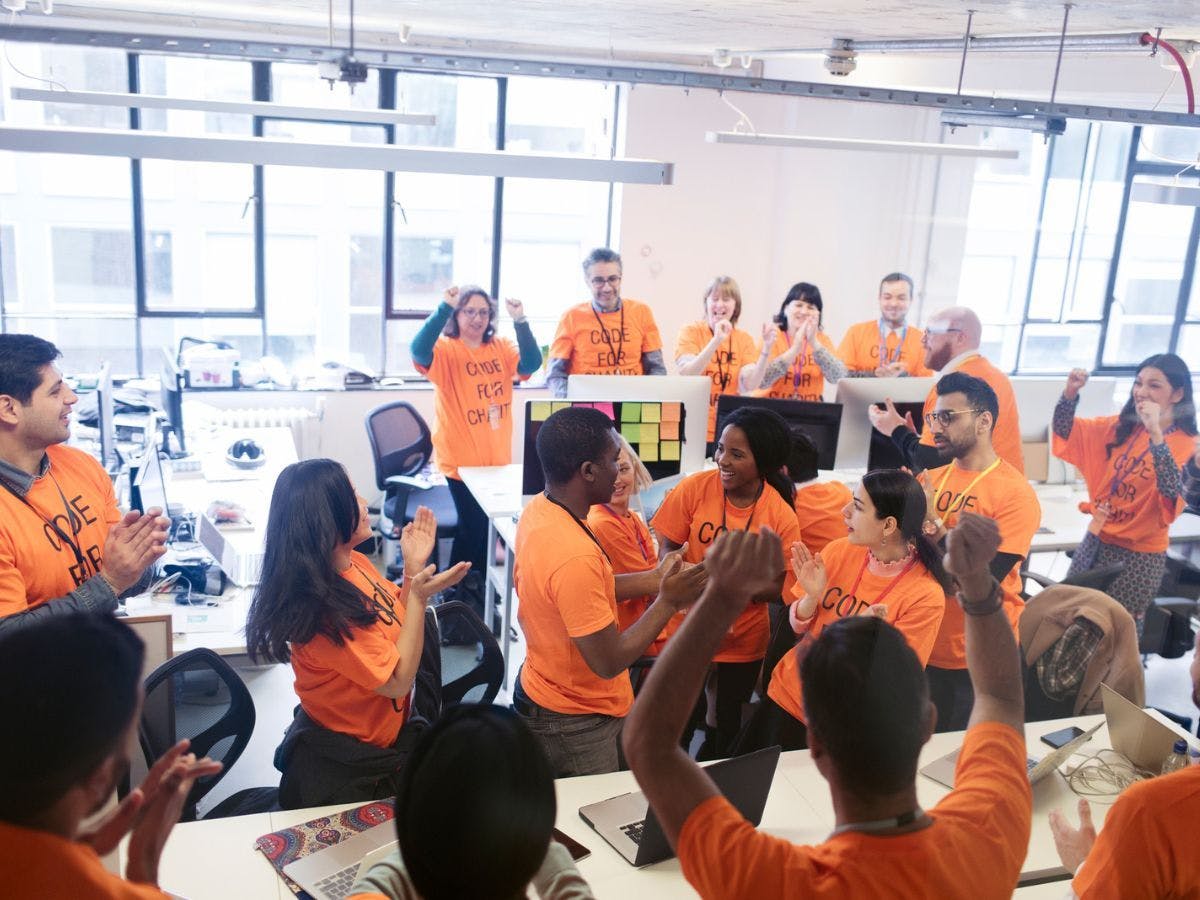- /
- Events/
Elevate Your Business: The Impact of Internal Corporate Events
Are you searching for ways to foster a positive work culture, boost employee engagement, and enhance productivity within your organisation? Look no further than internal corporate events. These events are not just a break from the daily routine; they offer numerous benefits for your business. In this article, we will explore the significance of internal corporate events and provide you with practical tips and ideas to make your events a resounding success.

Why Internal Corporate Events Matter
Internal corporate events are a powerful tool to create a thriving and cohesive work environment. They provide opportunities for employees to connect, learn, and engage with each other and the organisation. Here are some key reasons why internal corporate events should be an integral part of your business strategy:
1. Fostering Team Building and Collaboration
Internal corporate events bring employees together in a relaxed and informal setting, fostering team building and collaboration. Through team-building activities, icebreakers, and group exercises, employees develop stronger relationships, trust, and effective communication. This camaraderie and collaboration directly impact the overall productivity and success of your business.
2. Enhancing Employee Engagement and Morale
Employee engagement is crucial for a motivated and productive workforce. Internal corporate events provide opportunities for employees to feel valued, appreciated, and connected to the organisation. When employees are engaged, their morale soars, leading to increased job satisfaction, improved retention rates, and reduced absenteeism. Engaging events create a positive work environment that fuels creativity and innovation.
3. Supporting Professional Development
Internal corporate events offer a platform for professional development and growth. Seminars, workshops, and guest speaker sessions provide employees with new knowledge, skills, and insights relevant to their roles. These events empower employees, boost their confidence, and equip them with tools to excel in their positions. Investing in your employees' professional development demonstrates a commitment to their growth and advancement.
4. Communicating Company Values and Goals
Internal corporate events provide an opportunity to reinforce company values, goals, and missions. By aligning event themes, activities, and messages with your organisation's core principles, you can effectively communicate the company's vision and create a shared sense of purpose among employees. This clarity and alignment contribute to a strong organisational culture and drive employee motivation.
5. Celebrating Milestones and Achievements
Internal corporate events offer a platform for celebrating milestones, achievements, and successes. Whether it's acknowledging individual accomplishments, team achievements, or organisational milestones, these events provide a sense of recognition and appreciation. Celebrating successes boosts employee morale, fosters a sense of pride, and creates a positive work environment where employees feel valued and motivated.

Ideas for Memorable Internal Corporate Events
Now that you understand the importance of internal corporate events, let's explore some exciting ideas to inspire your event planning:
1. Employee Appreciation Day
Dedicate a day to celebrate and appreciate your employees. Plan activities such as team-building games, recognition ceremonies, and special treats to express gratitude for their hard work and dedication. This event reinforces a culture of appreciation, boosts employee morale, and fosters a sense of belonging.
2. Lunch and Learn Sessions
Organise regular lunch and learn sessions where employees can gather to share knowledge, learn from experts, and discuss industry trends. Invite guest speakers or internal subject matter experts to present on relevant topics. This format promotes continuous learning, professional development, and cross-departmental collaboration.
3. Team-Building Retreats
Take your team out of the office for a team-building retreat. This off-site event allows employees to bond, engage in team-building activities, and recharge. Choose a location that offers a mix of relaxation and adventure, and plan activities that promote teamwork, problem-solving, and relationship building.
4. Hackathons or Innovation Challenges
Stimulate creativity and innovation through hackathons or innovation challenges. These events encourage employees to collaborate on solving business problems, brainstorm new ideas, and develop prototypes or solutions. This approach cultivates a culture of innovation, empowers employees to think outside the box, and fosters cross-functional collaboration.
5. Volunteer and Community Engagement Events
Organise volunteer activities and community engagement events where employees can come together to make a positive impact. This could involve participating in local charity projects, environmental initiatives, or organising fundraising events. Engaging in community service as a team not only gives back but also strengthens relationships among employees.

Conclusion
Internal corporate events are not just another item on the business calendar, they are an essential ingredient for a successful and thriving organisation. By fostering team building, enhancing employee engagement, and supporting professional development, these events create a positive work culture and drive productivity. Remember to align your events with company values, celebrate achievements, and provide opportunities for employees to connect and grow. With thoughtful planning and creative execution, your internal corporate events will elevate your business to new heights of success.
About Victor Chan
Victor Chan is a dedicated researcher in the event planning space, exploring the intricacies of creating memorable experiences. With a focus on innovative strategies and emerging trends, Victor's work contributes to the evolving field of event coordination. He seeks to offer valuable insights and fresh perspectives to enhance the practice of event planning.



